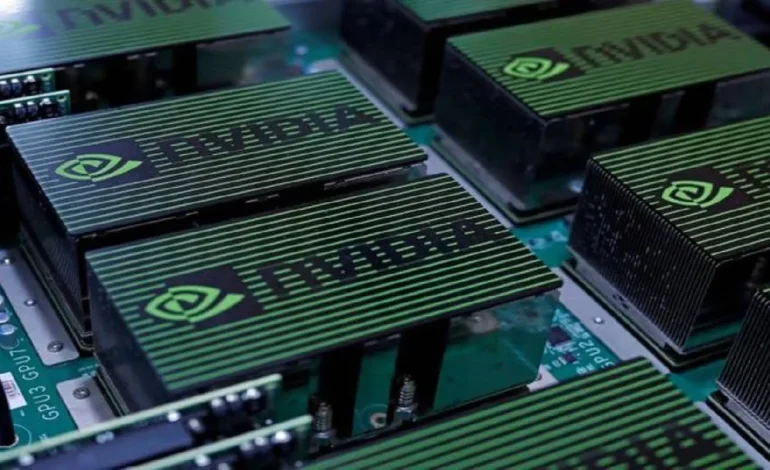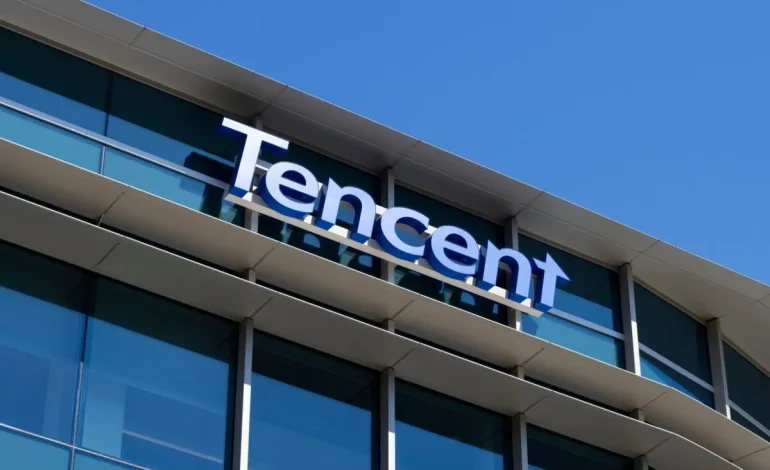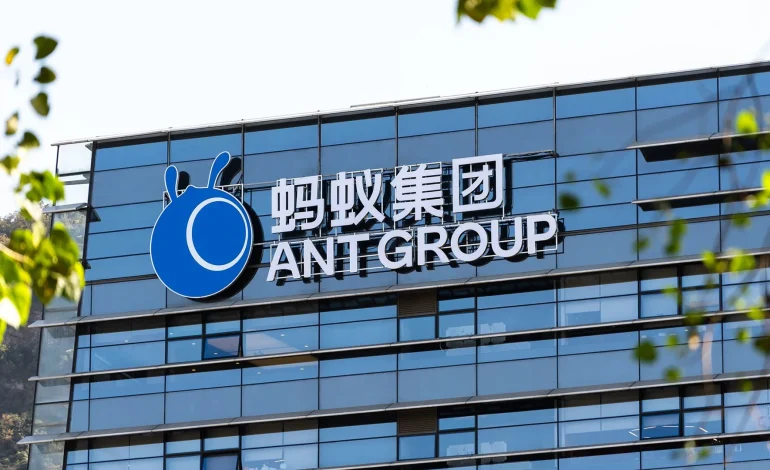China Bans Major Tech Firms from Acquiring Nvidia AI Chips

Introduction
Chinese regulators have moved to ban leading domestic technology companies from acquiring high performance Nvidia artificial intelligence chips, citing the need to accelerate the development of homegrown alternatives. The decision comes as tensions with the United States continue to limit China’s access to advanced semiconductors, creating both challenges and opportunities for its technology sector.
Details of the ban
According to reports from industry sources, the Cyberspace Administration of China and related agencies have issued directives that prohibit major internet platforms and cloud providers from sourcing Nvidia’s most advanced processors. The restriction applies to chips such as the H20 and RTX Pro 6000D, which were designed specifically to comply with earlier US export rules. Regulators argue that even these versions provide strategic capabilities that China should not depend on foreign suppliers to deliver.
The move effectively ends a period in which Chinese firms tried to work around US restrictions by purchasing slightly downgraded models. Now, companies including Alibaba, Tencent, and Baidu will be forced to accelerate investment in domestic semiconductor design and manufacturing.
Strategic motivation
The ban is not only a reaction to US policy but also part of China’s broader push for technological self reliance. By limiting access to foreign chips, regulators hope to create stronger incentives for national champions such as Huawei, Biren, and Cambricon to expand production and fill the gap. Officials have emphasized that AI computing power is a matter of economic security, on par with energy or food supply.
This reflects a wider strategy known as dual circulation, in which China seeks to reduce reliance on external technologies while building internal capacity. AI chips are considered critical to achieving leadership in artificial intelligence by 2030, a central government goal.
Impact on Chinese tech giants
For large firms such as Alibaba and Tencent, the ban poses immediate difficulties. Their cloud divisions rely heavily on advanced GPUs to run large language models and support enterprise AI customers. Without Nvidia’s products, training times for models could increase and service quality may suffer in the short term.
At the same time, these companies have been preparing for this outcome. Alibaba has invested in its own chip design arm, T-Head, while Baidu has developed the Kunlun series of processors. Tencent has also begun experimenting with custom AI accelerators. The ban may push these efforts into faster commercialization, supported by state funding.
Effect on startups and researchers
The decision will also affect AI startups and academic institutions. Many smaller players relied on access to Nvidia GPUs through cloud providers rather than buying the hardware themselves. With restrictions in place, compute costs may rise and research timelines could be delayed. To mitigate this, the government is expected to provide subsidies for domestic cloud services that run on local chips.
The policy may also encourage universities and labs to pool resources in shared data centers, ensuring that talent development in AI research continues despite hardware shortages.
Global context
The ban comes as the United States continues to tighten export controls on advanced semiconductors to China. Washington argues that access to high end chips could give China an edge in military applications. Nvidia and other US chipmakers have already seen significant revenue declines from the Chinese market due to these policies.
China’s response highlights the increasingly fragmented nature of the global semiconductor industry. Rather than relying on negotiated access to downgraded chips, Beijing is choosing to double down on self sufficiency, even if it slows near term progress.
Investor reaction
Market reaction has been mixed. Shares of domestic chip companies rose on expectations that demand for their products will surge. However, technology giants such as Alibaba and Tencent saw modest declines as investors considered the risks of disruption to cloud and AI services. Analysts note that while long term growth opportunities remain intact, the transition period could pressure earnings.
Opportunities for domestic chipmakers
For Chinese semiconductor firms, the ban is a significant opportunity. Companies like Huawei’s Ascend division and Biren Technology now have a captive market of large cloud providers eager to secure replacements for Nvidia chips. If these domestic players can deliver competitive performance within one to two years, they may capture market share that would otherwise have gone to foreign suppliers.
The challenge will be manufacturing at scale. China’s foundries still lag behind Taiwan and South Korea in producing cutting edge nodes. Without breakthroughs in lithography and supply chains, local chipmakers may struggle to match Nvidia’s performance in the short term.
Risks and uncertainties
The biggest risk is that China’s AI development slows during the transition. Training large models requires enormous computing power, and delays could reduce competitiveness in both consumer applications and enterprise services. There is also the possibility that companies try to source Nvidia chips through unofficial channels, creating regulatory compliance issues.
Another uncertainty is international adoption. If Chinese AI models trained on domestic chips prove less powerful than those from US or European rivals, global customers may hesitate to adopt them. This could limit China’s ambitions to export AI technology as part of its Belt and Road digital strategy.
Conclusion
China’s decision to ban major tech firms from acquiring Nvidia AI chips marks a decisive shift toward self reliance in the semiconductor sector. While the short term impact will be painful for companies dependent on high performance GPUs, the long term outcome may be a stronger domestic ecosystem that reduces vulnerability to external shocks. The success of this strategy will depend on whether Chinese chipmakers can quickly scale production and deliver world class performance. For now, the ban underscores the growing divide in the global technology landscape and the central role of AI chips in shaping future economic power.






